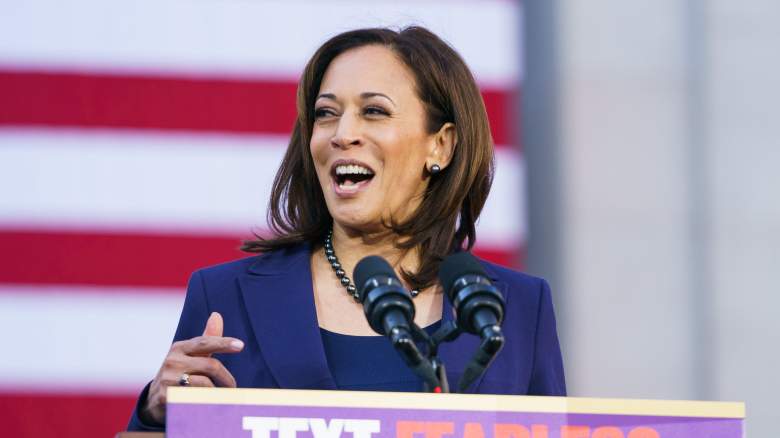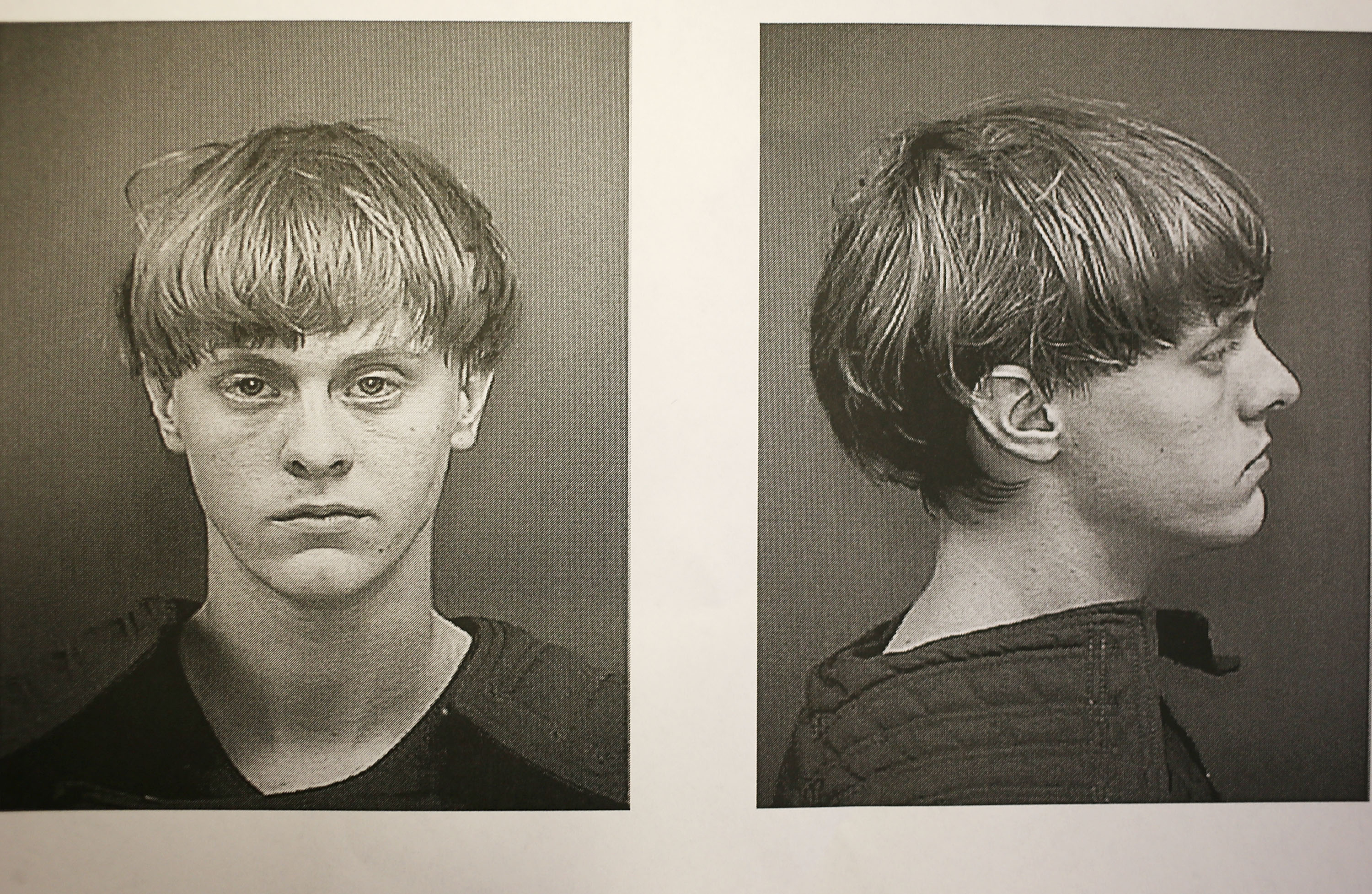
Getty Kamala Harris.
During a town hall meeting in Charleston, South Carolina, presidential hopeful Kamala Harris was asked for her views on gun safety. The California senator, who is known for her strong positions on gun control, said that she wants to see a ban on assault weapons. She also called for the so-called “Charleston loophole” to be closed.
That had some people wondering what, exactly, the Charleston loophole is, and how it got its name.
Gun Control Advocates Blame the Charleston Loophole for Allowing Dylann Roof to Buy the Gun He Used to Attack a Church in Charleston in 2015

Dylann Storm Roof’s booking photo, courtesy of the Charleston County Sheriff’s Office. (Getty)
The “Charleston loophole” allows gun dealers to sell guns without a background check, in cases where the FBI fails to complete background checks within three days. Under current law, when those background checks are not completed within three days, applicants are automatically cleared and allowed to buy guns.
The “loophole” — which is also known as the “default proceed” — got its moniker after Dylann Roof was charged with the deadly shooting of nine people in a historically black church in Charleston, South Carolina in 2015. Shortly after the shooting, then-FBI director James Comey said that there had been a breakdown in the FBI’s background check system and that a series of errors and mistakes had led to the background check not being completed on time — which, in turn, allowed Roof to buy a gun. ““We are all sick this happened,” Comey told the New York Times at the time. “We wish we could turn back time. From this vantage point, everything seems obvious.”
Under current federal law, the FBI must complete the background check on a would-be gun buyer within three business days. If the FBI doesn’t have an answer within that time, then the would-be buyer has the right to come back and buy a gun on the fourth day. The New York Times notes that in most cases, large-scale dealers like Walmart don’t sell guns to people unless they’ve been approved by the FBI. But smaller gun stores, like the one that sold a gun to Dylann Roof, may be likely to go ahead a sell a gun to applicants, even when they don’t have FBI approval.
A Bi-Partisan Group of Congress Members Has Introduced a Bill to End the Charleston Loophole
On February 14 — the anniversary of the deadly Parkland shooting — the House Judiciary Committee voted to support a bill that would end the so-called “Charleston loophole.” The bill, introduced by Majority Whip Jim Clyburn, of South Carolina, was also co-sponsored by one Republican, Peter King of New York. The bill passed out of the committee by a vote of 21 to 14 and is now expected to advance to the House.
The new bill would extend the background check period to 10 days, instead of three. The legislation would also give the would-be gun buyer the chance to ask for a review, if their background check isn’t completed within those ten days. If the background check isn’t completed within ten days, the would-be gun buyer can buy the gun.
The bill was opposed by Republicans on the House Judiciary Committee. The top Republican on the committee, Doug Collins of Georgia, said that the extended wait for a background check would not, in fact, have prevented the 2015 shooting at AME church in Charleston; Collins pointed out that Dylann Roof carried out the shooting two months after buying the gun he used.